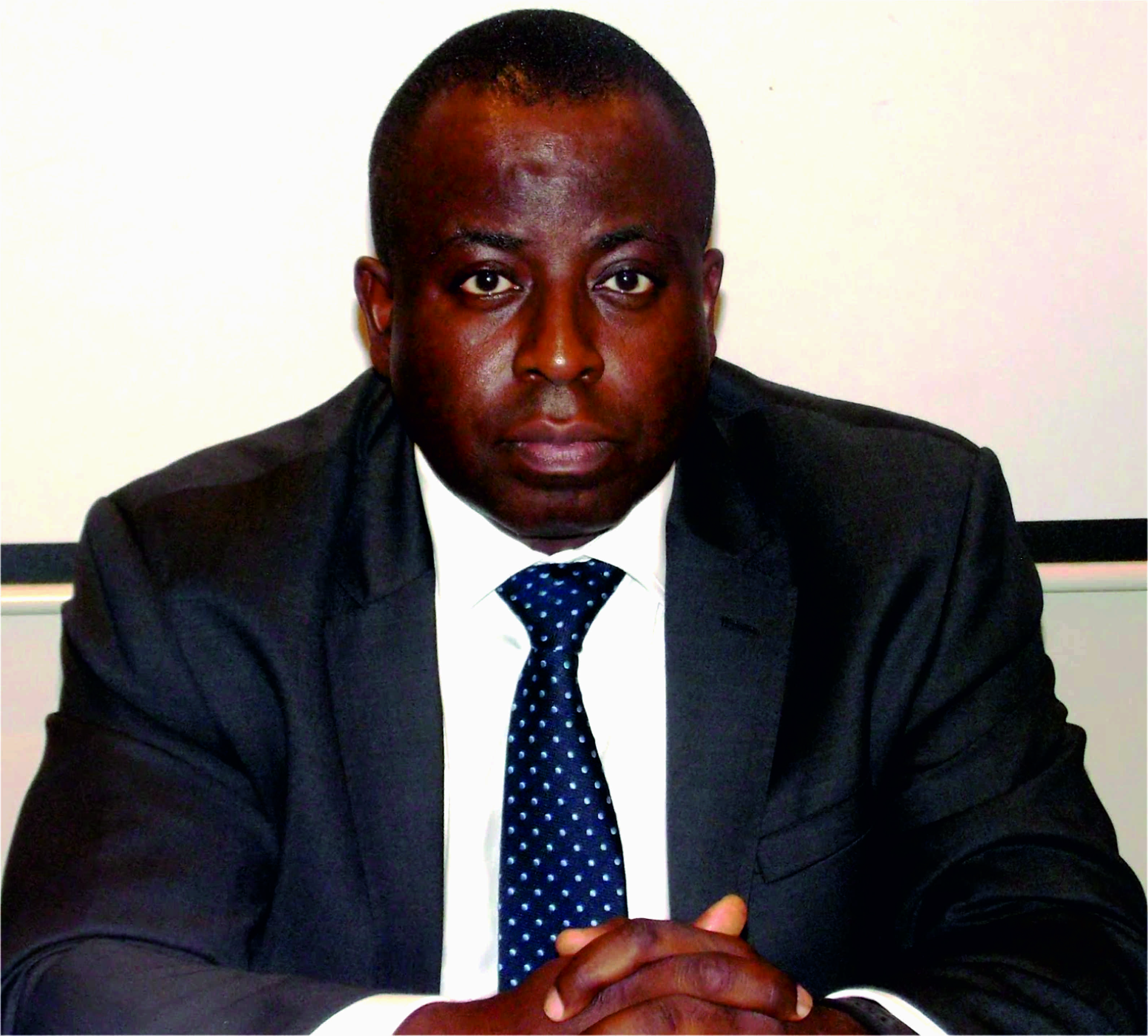Following growing number of industry calls in favour of colocation as the panacea to overcoming infrastructure deficit among telecoms operators, the Association of Telecommunications Companies of Nigeria (ATCON) have suggested why the first generation of investors might be foot-dragging on the approach.
According to Mr. Olusola Teniola, ATCON’s President, the appetite for infrastructure sharing is there but not without few bottlenecks.
He lamented the unavailable of enough infrastructures which has remained a recurring issue and clog on the wheels of services delivery in the industry.
Mr. Teniola who was speaking ATCON’s AGM recently, also agreed that some of the terms and conditions under colocation agreements should be reviewed, but ultimately favourable operating environment must be put in place to encourage infrastructure deployment.
“We have always said that the number of base stations are not enough for the country’s population and for the coverage needed. We have been projecting about 50,000 base stations are needed, and we have heard the Exective Vice Chairman of the Nigerian Communications Commission (NCC) even targeting 70,000.
“It means the numbers are improving, because as at 2012, the industry was targeting 50,000. And we are on less than 25,000 which is a far cry from the expected infrastructure. With that limited infrastructure, it is difficult to have pure co-location or infrastructure sharing regime. First, there is need for more infrastructure.
ALSO SEE: How national roaming will work – ATCON
“Secondly, some of the terms and conditions should be reviewed, but that is not the ultimate issue here. The appetite for infrastructure sharing is there. For instance, if we need to operate in a certain State and there is only a functional tower/base station, what we need is to deploy more. That requires investment and invariably, forex. If you are not allowing that happen, what then are we going to share.
“There is maximum capacity we need to increase (infrastructure) sharing. Ensuring the enabling environment, allowing operators to import equipment will help address some of the issues in the industry at the moment”.
Mr. Teniola said that it makes economic sense to share infrastructure (co-locate). “In some quarters, there are questions as why telcos are not expanding as should, but our argument is that we need some balance from the Government to make this happen.
“When we look at the map of Nigeria and the tele-density, there are about 235 identified market gaps. Government, through the Universal Service Provision Fund (USPF) is trying to close those gaps. Our members contribute to the fund too. Even in other climes, there are always issues of un-served and underserved.
“Obviously, those areas that are deemed as security risks need to be liberated for our members to deploy infrastructure for improved services. We have seen cases of not only property been destroyed but lives were lost.
“During Boko Haram era, for instance, base stations were destroyed. The operators affected may have programmes to rejuvenate the services as their access destroyed during the rampaging days of Boko Haram. They were cases of satellite been used to increase services availability in those areas. So, the operators are committed to rebuilding the base stations. So, to improve or manage the security situations, they had to recruit people from the community”, he said.

 Entertainment1 week ago
Entertainment1 week ago
 Business1 week ago
Business1 week ago
 Health1 week ago
Health1 week ago
 Business1 week ago
Business1 week ago
 Latest1 week ago
Latest1 week ago
 Football1 week ago
Football1 week ago
 Entertainment1 week ago
Entertainment1 week ago
 Entertainment6 days ago
Entertainment6 days ago





